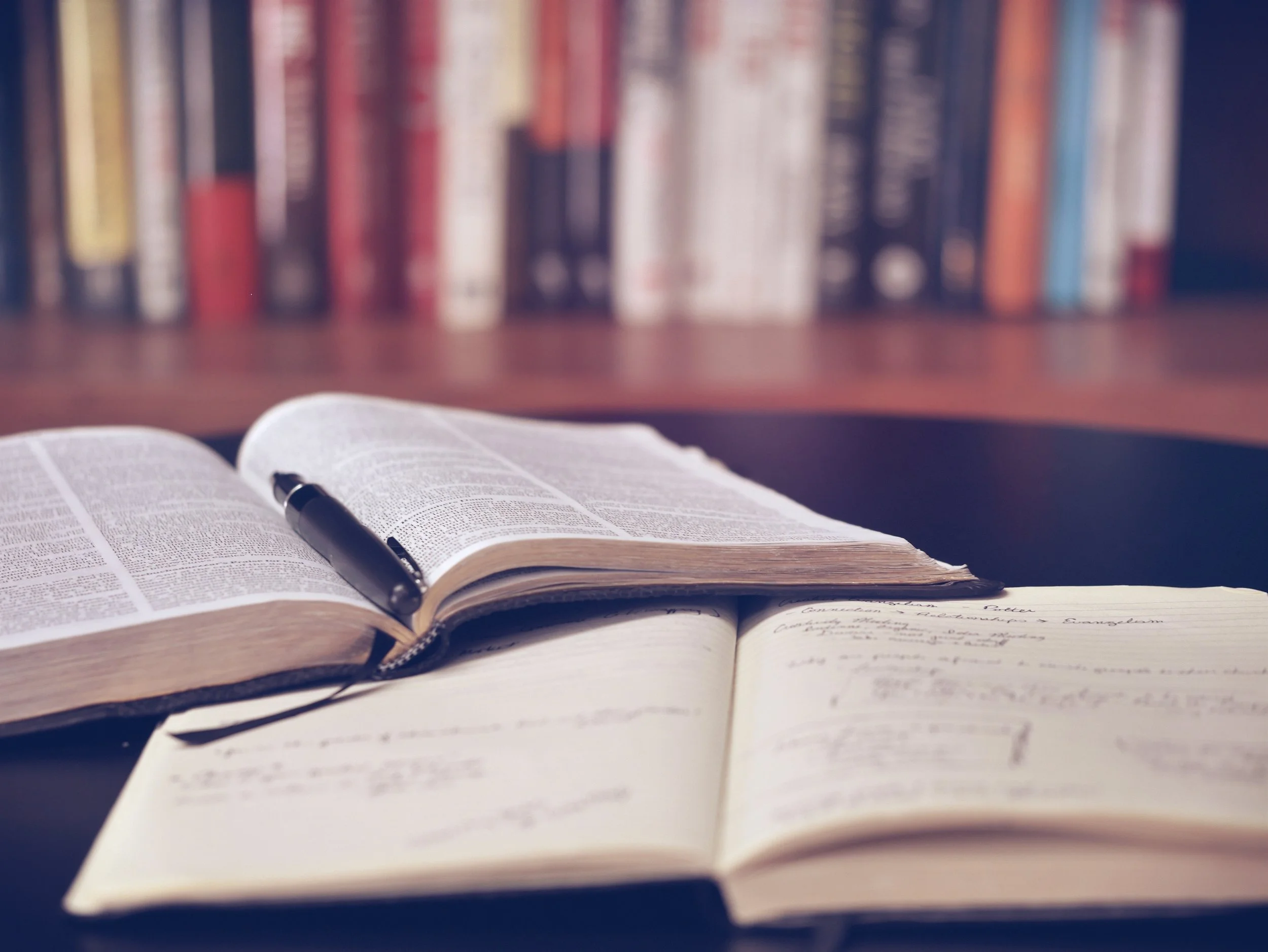This idea being piloted by Temple University isn't exactly new--surely every student's been in a class with a cobbled-together "reader" rather than a traditional textbook--but I think they are taking it to a new and exciting level.
Faculty are mixing online material and items from library holdings, and bringing together disparate resources in something like a course website that students can access from anywhere. It's like a super-specialized, personalized class collection that's free and weightless.
Professor Keith Quesenberry, who's taking part in the program, explained in an article on the Temple website that “It seemed like the students were more engaged and less burdened, getting to and completing assignments earlier. The textbook was this thing they hated. This removed a barrier for them.”
I really like this idea of making relevant material accessible online rather than in a textbook. So many times I've bought textbooks that the class didn't even totally use--like maybe only a few chapters. This alternative textbook idea means that all the resources are relevant and being used, and the price is minimal. I imagine that even if resources aren't free, buying access or permission for them would still be a lower cost than what students are used to paying.
It does seem like a bit more work for faculty, but I'd be very interested in putting together alt-texts as a librarian. I just love the idea of curating special material for a specific class. I'm in a collections development class right now, and I've been captivated by the idea of micro-collections and bibliographing. Plus, a project like this could really bring together faculty and librarians--a relationship that is vital, but seems to be lacking.
What do you think about alternative, specialized "textbooks"? Do you think they're more useful as complementary supplements, or could they replace outdated, expensive, and increasingly less-useful textbooks?
Faculty are mixing online material and items from library holdings, and bringing together disparate resources in something like a course website that students can access from anywhere. It's like a super-specialized, personalized class collection that's free and weightless.
Professor Keith Quesenberry, who's taking part in the program, explained in an article on the Temple website that “It seemed like the students were more engaged and less burdened, getting to and completing assignments earlier. The textbook was this thing they hated. This removed a barrier for them.”
I really like this idea of making relevant material accessible online rather than in a textbook. So many times I've bought textbooks that the class didn't even totally use--like maybe only a few chapters. This alternative textbook idea means that all the resources are relevant and being used, and the price is minimal. I imagine that even if resources aren't free, buying access or permission for them would still be a lower cost than what students are used to paying.
It does seem like a bit more work for faculty, but I'd be very interested in putting together alt-texts as a librarian. I just love the idea of curating special material for a specific class. I'm in a collections development class right now, and I've been captivated by the idea of micro-collections and bibliographing. Plus, a project like this could really bring together faculty and librarians--a relationship that is vital, but seems to be lacking.
What do you think about alternative, specialized "textbooks"? Do you think they're more useful as complementary supplements, or could they replace outdated, expensive, and increasingly less-useful textbooks?

